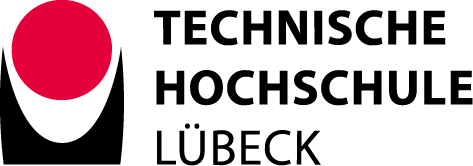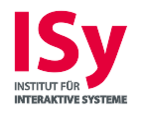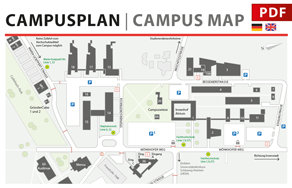Conference Proceedings and Articles
Conference Proceedings
Christoph Meinel, Stefanie Schweiger, Thomas Staubitz, Robert Conrad, Carlos Alario Hoyos, Martin Ebner, Susanna Sancassani, Agnieszka Żur, Chrisitan Friedl, Sherif Halawa, Dilrukshi Gamage, Jeffrey Cross, May Carlon, Yves Deville, Michael Gaebel, Carlos Delgado Kloos, and Karen von Schmieden (2023). EMOOCs 2023: Post-Covid Prospects for Massive Open Online Courses – Boost or Backlash?. Universitätsverlag Potsdam. DOI: 10.25932/publishup-57645
From June 14 to June 16, 2023, Hasso Plattner Institute, Potsdam, hosted the eighth European MOOC Stakeholder Summit (EMOOCs 2023).
The pandemic is fortunately over. It has once again shown how important digital education is. How well-prepared a country was could be seen in our schools, universities, and companies. In different countries, the problems manifested themselves differently. The measures and approaches to solving the problems varied accordingly. Digital education, whether micro-credentials, MOOCs, blended learning formats, or other e-learning tools, received a major boost.
EMOOCs 2023 focusses on the effects of this emergency situation. How has it affected the development and delivery of MOOCs and other e-learning offerings all over Europe? Which projects can serve as models for successful digital learning and teaching? Which roles can MOOCs and micro-credentials bear in the current business transformation? Is there a backlash to the routine we knew from pre-Corona times? Or have many things become firmly established in the meantime, e.g. remote work, hybrid conferences, etc.?
Furthermore, EMOOCs 2023 has a closer look at the development and formalization of digital learning. Micro-credentials are just the starting point. Further steps in this direction would be complete online study programs or full online universities.
Another main topic is the networking of learning offers and the standardization of formats and metadata. Examples of fruitful cooperations are the MOOChub, the European MOOC Consortium, and the Common Micro-Credential Framework.
The learnings, derived from practical experience and research, are explored in EMOOCs 2023 in four tracks and additional workshops, covering various aspects of this field. In this publication, we present papers from the conference’s Research & Experience Track, the Business Track and the International Track.
Click here for the conference proceedings or here for the conference website.
Metadata standard for the MOOChub
Thomas Staubitz, Sebastian Serth, Max Thomas, Martin Ebner, Markus Koschutnig-Ebner, Florian Rampelt, Alexander von Stetten, & Andreas Wittke (2023). A Metastandard for the International Exchange of MOOCs: The MOOChub as First Prototype. In EMOOCs 2023: Post-Covid Prospects for Massive Open Online Courses – Boost or Backlash?. Universitätsverlag Potsdam.
The MOOChub is a joined web-based catalog of all relevant German and Austrian MOOC platforms that lists well over 750 Massive Open Online Courses (MOOCs). Automatically building such a atalog requires that all partners describe and publicly offer the metadata of their courses in the same way. The paper at hand presents the genesis of the idea to establish a common metadata standard nd the story of its subsequent development. The result of this effort is, first, an open-licensed de-facto-standard, which is based on existing commonly used standards and second, a first prototypical platform that is using this standard: the MOOChub, which lists all courses of the involved partners. This catalog is searchable and provides a more comprehensive overview of basically all MOOCs that are offered by German and Austrian MOOC platforms. Finally, the upcoming developments to further optimize the catalog and the metadata standard are reported.
Digital Certificates
Anja Lorenz, Stefanie Bock, & Juleka Schulte-Ostermann (2023). Challenges and proposals for introducing digital certificates in higher education infrastructures. In EMOOCs 2023: Post-Covid Prospects for Massive Open Online Courses – Boost or Backlash?. Universitätsverlag Potsdam. Click here for Slides or Poster
Questions about the recognition of MOOCs within and outside higher education were already being raised in the early 2010s. Today, recognition decisions are still made more or less on a case-by-case basis. However, digital certification approaches are now emerging that could automate recognition processes. The technical development of the required machinereadable documents and infrastructures is already well advanced in some cases. The DigiCerts consortium has developed a solution based on a collective blockchain. There are ongoing and open discussions regarding the particular technology, but the institutional implementation of digital certificates raises further questions. A number of workshops have been held at the Institute for Interactive Systems at Technische Hochschule Lübeck, which have identified the need for new responsibilities for issuing certificates. It has also become clear that all members of higher education institutions need to develop skills in the use of digital certificates.




